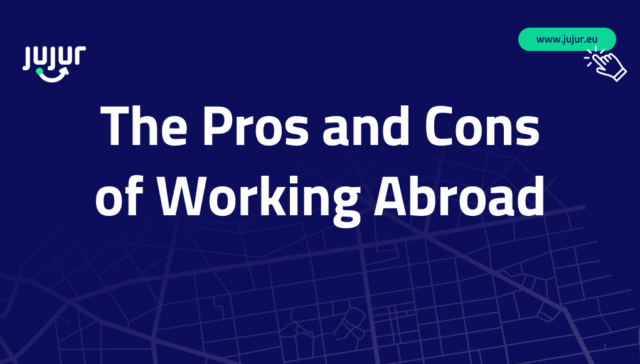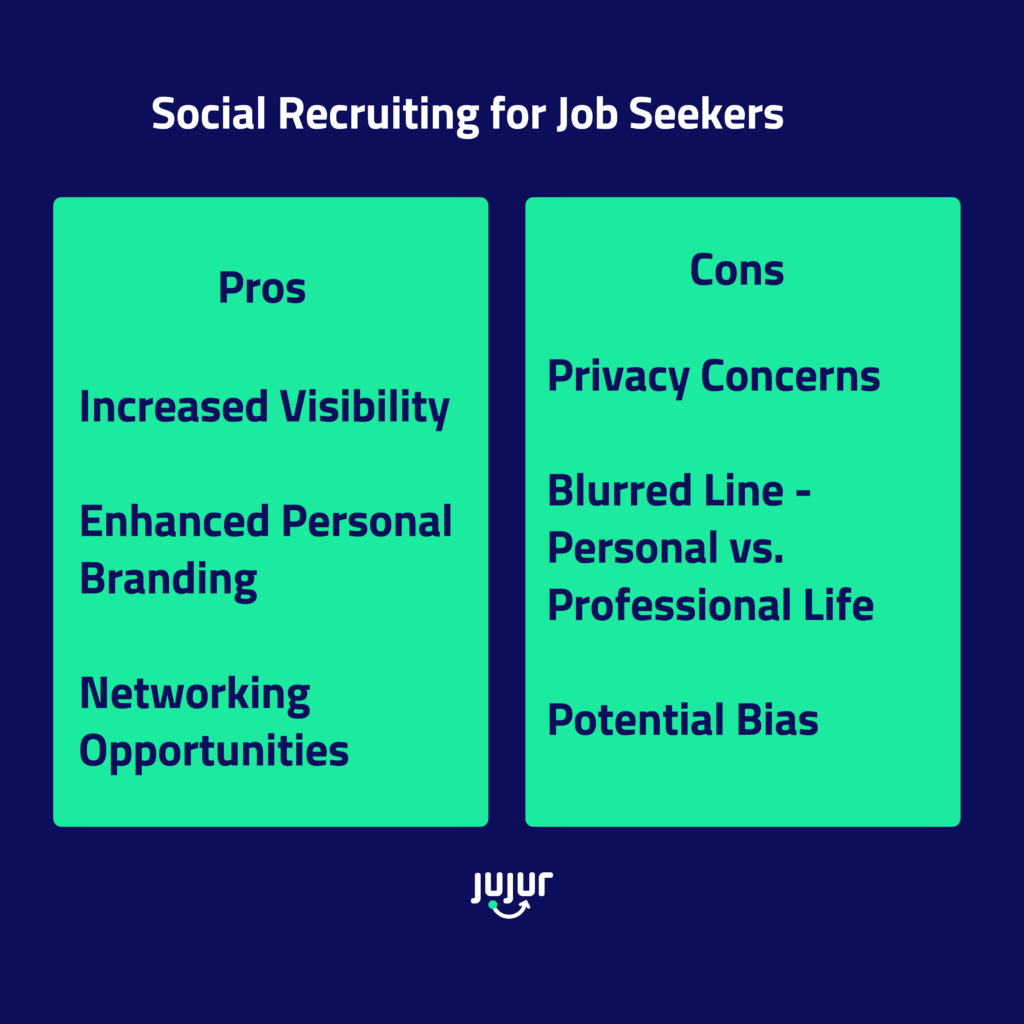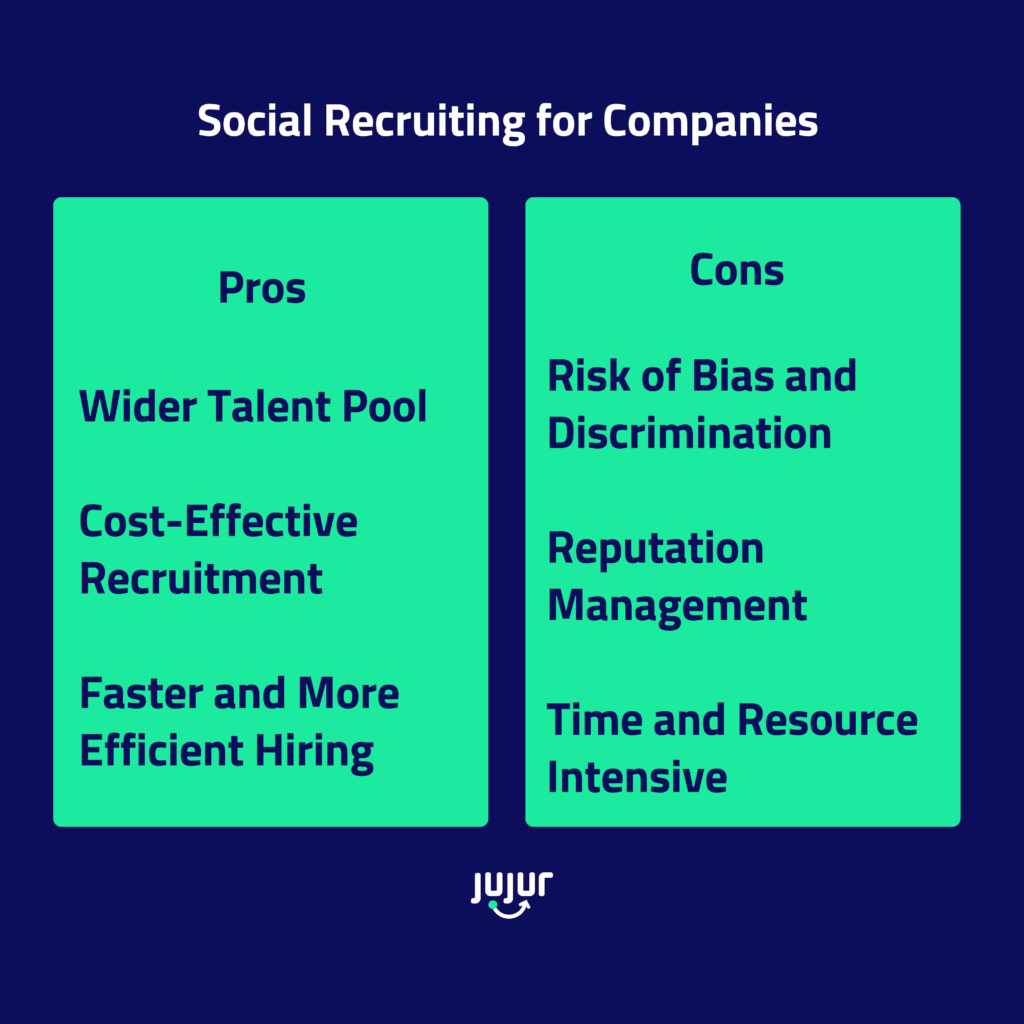The Best Cities Abroad for Couples Who Want to Work Together
Thinking about starting a new chapter abroad together, with matching contracts, weekend getaways, and maybe even a shared commute? You’re not alone, and trust us, it’s more doable than you might think. As recruiters who live for helping people find the right job in the right place, we’ve worked with so many couples who’ve said, “We just want to move abroad together and work in the same city; ideally at the same company!” And yes, it’s 100% possible.
Let’s break it all down for you: the best cities for couples who want to live and work abroad as a team, plus real-world tips to help you get there.
Why Working Abroad as a Couple Can Be a Game-Changer
Before we get into the where, let’s talk about the why.
Working abroad as a couple means:
- Shared experiences (hello new language, culture, and food!)
- Mutual support during the adjustment period
- More stability (shared rent = less stress)
- More fun (someone to explore your new city with every weekend)
But here’s the kicker: not every city is ideal for couples looking to work together. You need places with a strong job market and a high quality of life for expats. So, where should you go?
The Top Cities for Couples Who Want to Work Together Abroad
1. Lisbon, Portugal
Why it’s great: English-speaking jobs in tech, customer service, and tourism are everywhere. Many companies love hiring couples, especially in the BPO (Business Process Outsourcing) sector.
Bonus: Affordable rent (by Western Europe standards), a sunny climate, and an easygoing lifestyle that’s perfect for couples. You’ll meet other international duos, too!
Tip: Highlight your flexibility and language skills in your CVs. Bilingual couples are gold here.
Further reading: The ultimate guide for expats moving to Lisbon
2. Kraków, Poland
Why it’s great: Big international companies, lots of customer support centers, and a growing tech hub. Many companies offer relocation packages for couples and don’t require Polish fluency.
Bonus: Super walkable, romantic Old Town, and a low cost of living, ideal for saving money while building your careers.
Tip: Look for shared shifts if you’re applying for customer service jobs; it’s more common than you’d think!
3. Valencia, Spain
Why it’s great: Spain’s third-largest city has a buzzing expat scene and plenty of international companies. Roles in sales, IT, and customer service are great entry points for couples.
Bonus: Beach + tapas + sunshine = dream life. It’s a great balance between work and romance.
Tip: Many roles in Spain ask for EU work rights, but some companies do hire non-EU citizens with strong English or tech skills; check that job ad fine print!
4. Budapest, Hungary
Why it’s great: A hidden gem for shared job opportunities! International companies often look for bilingual or English-speaking teams. Hungary also has a streamlined visa process if you’re from the EU.
Bonus: Affordable rent, vibrant nightlife, and tons of coworking cafés for couples working hybrid or remote roles.
Tip: Some companies will gladly place you both if you apply together; just mention it in your applications!
5. Berlin, Germany
Why it’s great: Berlin has a huge job market, especially in tech, startups, and multilingual roles. Loads of expats, modern infrastructure, and employers that value diversity (including couples!).
Bonus: Progressive vibes, international cuisine, and great salaries. Even better: Germany is pretty open about supporting partner visas and family reunification.
Tip: If one of you lands a job with a visa sponsor, the other can often tag along and work too. It’s called a “spouse visa” and it’s a game-changer.
6. Brno, Czech Republic
Why it’s great: Often overlooked, but packed with international companies, especially in customer service and IT. Many offer dual hiring opportunities or support for couples.
Bonus: Small enough to feel cozy, big enough to keep things exciting. Plus, cheaper than Prague!
Tip: Keep your CVs individual, but when speaking to recruiters, mention you’re a couple. It shows you’re in it for the long haul.
What Kinds of Jobs Are Ideal for Couples?
The best jobs for couples often fall into these categories:
- Customer service & support roles (especially in English or multilingual positions)
- Sales & account management
- Remote or hybrid tech jobs
- Hospitality or tourism
- Teaching English abroad (especially if one of you has a TEFL)
Many international employers are open to hiring couples, especially if you’re both motivated and flexible. They love that you’ll likely be more stable (you’re not flying home at the first sign of homesickness!).
How to Apply as a Couple (Without Looking Unprofessional)
You might be wondering: Should we apply together or separately? Here’s the recruiter-approved way to do it:
Submit individual applications, but…
Mention in your cover letter or email that you’re both applying and open to being placed together.
If you get an interview, bring it up (gently!) and explain how you’d support each other on the job.
Bonus: If you’re applying for shift-based roles, ask about the option to be scheduled together.
Final Tips From Your Friendly Recruiter
- Plan your applications together. Double-check visa requirements, language needs, and job openings in each city.
- Get your documents sorted. Passport, diplomas, language certificates, and a clear CV in English (and maybe in the local language too).
- Stay open-minded. Maybe one of you gets hired first and that opens the door for the other. That’s normal.
- Use your story. Employers love knowing they’re helping real people make a fresh start. Your shared journey might make you stand out.
Ready to Start Your Next Chapter Together?
Whether you’re craving beachy vibes, city buzz, or a budget-friendly lifestyle, there’s a perfect city out there for both of you. And if you’re not sure where to begin? We’re always here to help.
You bring the love, we’ll help you find the jobs.
Drop us a message, and let’s get your couple adventure started!
















